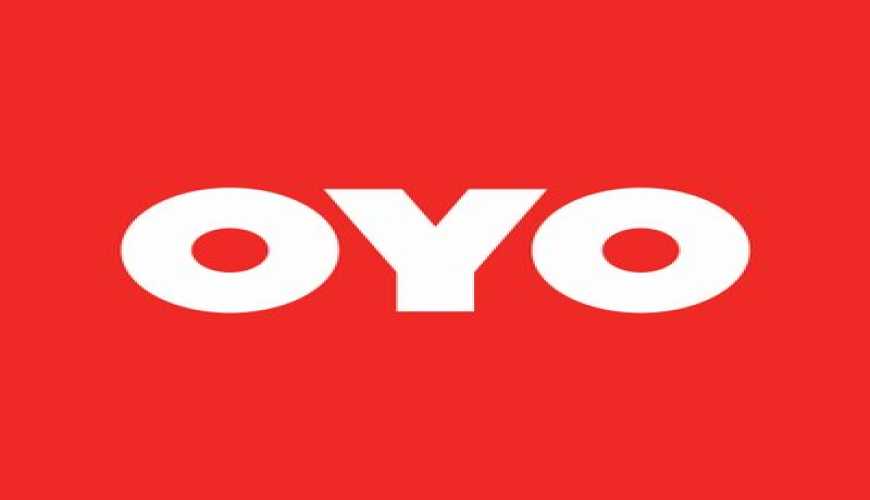If you claim to be a startup enthusiast and unless you are not hiding behind a rock then you should be well aware that off late Oyo Hotels and Homes has been on an aggressive expansion mode. And now the Gurgaon based company has got a fresh stimulus for its expansion plan as it raised whopping $1.5 Bn in a latest funding round.

The $1.5 Bn funding is courtesy of founder and CEO Ritesh Agarwal’s ambitious buyback plan, which has propelled his stake to nearly 30% in his founding company. Nearly $700 Mn of the $1.5 Bn funding will be used for secondary sale to allow profitable exit for two existing investors Light Speed Venture and Sequoia Capital.
The remaining part of the funds will be directly invested in the company. According to reports, other existing investors like SoftBank and Greenoaks Capital will also pump capital in the funding round that is supposed to be concluded by end of this month.
What does the latest funding means for Oyo?
Funding has never been a problem for the Gurgaon headquartered company, which is today one of the proud unicorns of this country. But the latest funding may prove to be a real watershed moment as far as its international expansion goes.
Media reports suggest that following the latest funding, Oyo will lend a special focus on expansion in the U.S. market where it recently acquired Las Vegas Hooters Hotel for undisclosed amount. It will also maintain a laser focus on the Chinese market, which the Oyo has officially dubbed as its second home after India.
This entire international operation and expansion will happen under the supervision of none other than Ritesh Agarwal, whose role in looking after Indian operation may take a backseat.
This latest funding will prove equally momentous for the 26 year old founder and CEO, who now joins rare breed of founders who have managed to consolidate their stakes in their founding company. An achievement that many of India’s high profile founders are still unable to achieve, including the likes of Sachin Bansal and Binny Bansal.
Agarwal, in a way, has emerged as India’s very own Mark Zuckerberg. This comparison makes sense all the more because Agarwal has managed to hold down to his company despite the presence of a powerful investor like SoftBank.
Meanwhile for SoftBank, Oyo may just prove to be a lucky muscat as it tries to cope with after-effects of WeWork’s IPO fiasco and market’s lackluster response to Uber’s IPO. Japanese telecom conglomerate had pinned huge hopes on the IPO of these two companies. But the U.S. markets apparently decided to turn its back on these startups as they are still not backed by a sustainable revenue model.

